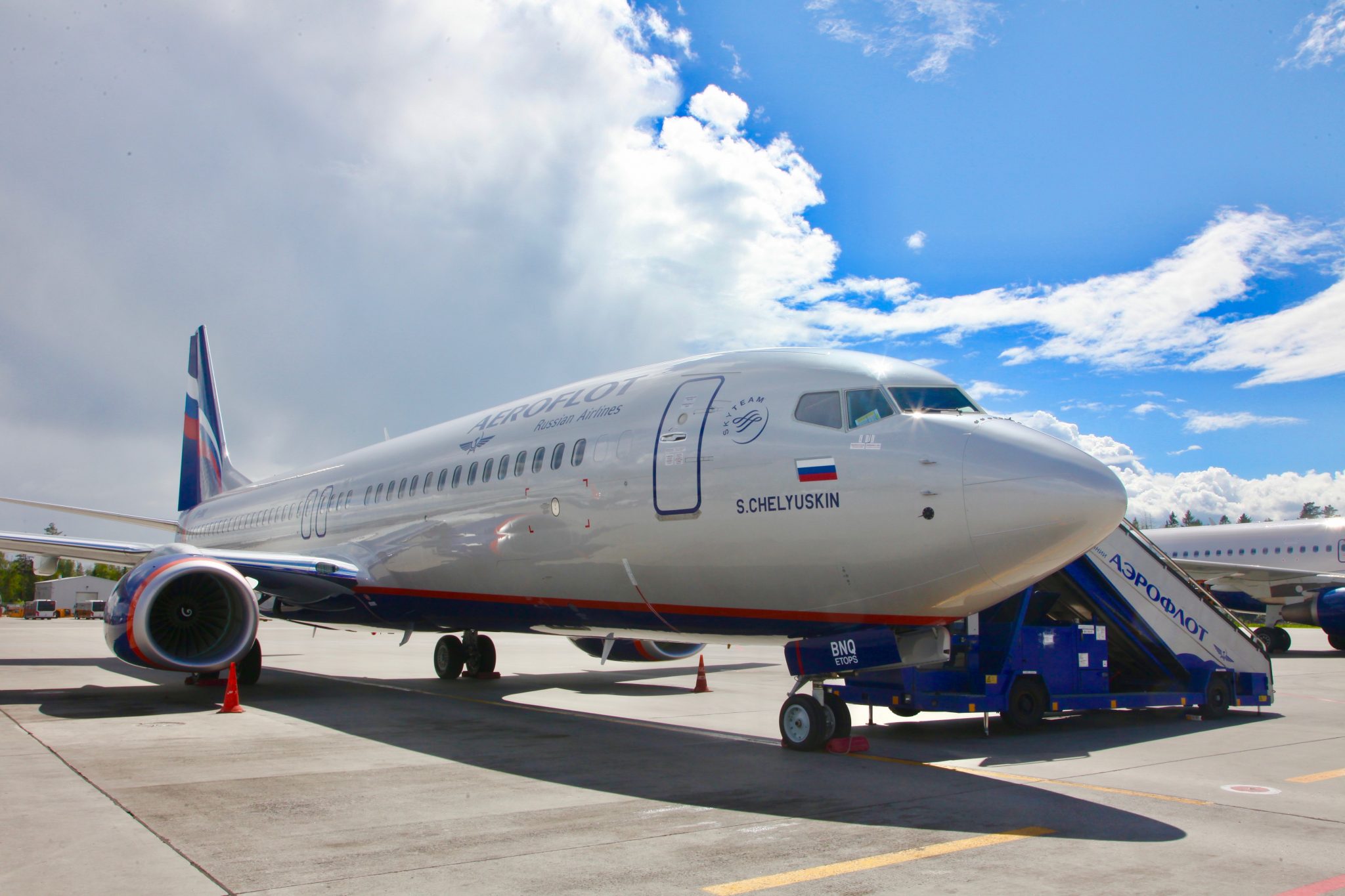In the six months ended 30 June 2017, Aeroflot Group posted revenue of RUB 234,860 million, which was up by 4.9% year-on-year. EBITDAR reached RUB 46,057 million, with a margin of 19.6%. EBITDA reached RUB 15,403 million, with a 6.6% margin. Net income totalled RUB 2,890 million.
Shamil Kurmashov, PJSC Aeroflot Deputy CEO for Commerce and Finance, credited the group’s 16.6% year-on-year growth in passenger numbers to 23.0 million on increasing demand for air transportation, and respective need for additional passenger capacity. Passenger capacity on international and domestic routes increased by 18.8% and 11.9%, respectively, while the passenger load factor rose 2.0 p.p. year-on-year to 80.6%.
Increased passenger boosted group revenue by 4.9% to RUB 234.9 billion even though revenue grew at a slower pace than operational indicators due to exchange rate fluctuations, which affected FX-denominated revenues and led to a decrease in yields on international routes, said Kurmashov.
Revenue from charter flights increased by 76.5% to RUB 12,383 million, driven by an increase in the operations in this segment following the launch of Rossiya’s charter programme.
Cargo revenue rose by 37.7% year-on-year to RUB 7,183 million as Aeroflot Group added new wide-body aircraft to its fleet, and cargo and mail volumes grew 44.3%.
Other revenue decreased by 11.9% year-on-year to RUB 26,878 million as a result of a decrease in FX-denominated revenues from airline agreements due to changes in the exchange rate.
Operating costs increased along with operational volumes. At a unit cost of RUB 3.08 per seat-kilometre, the Group saved up to 30 kopeks per seat-kilometre, or roughly 10% of CASK. Aircraft fuel costs increased by 25.5% year-on-year to RUB 56,217 million. This was due to the rise in average price of aircraft fuel in rubles in the context of changes in the price of oil and exchange rates, and also the increase in operational volumes and flying time.
The strengthening of the ruble helped to mitigate the increase in expenses due to the expansion of business volumes. Operating expenses less aircraft fuel costs increased by 9.7% year-on-year to RUB 170,946 million.
Expenses related to aircraft servicing and passenger services amounted to RUB 45,961 million, a 14.6% increase year-on-year, due largely to the increase in passenger traffic. This item was additionally impacted by new initiatives aimed at boosting service quality.
Staff costs rose 23.5% year-on-year and amounted to RUB 38,324 million, as a result of salary indexation in accordance with the labour contract, an increase in the number of staff to support operational growth, and also growth of the variable component of salaries linked to key corporate indicators.
Operating lease expenses rose to RUB 30,654 million, an 8.1% increase year-on-year due to expansion of aircraft fleet (net increase of 36 aircraft, or 16.9%, year-on-year), as well as the doubling of the three-month LIBOR rate in the first half of 2017 compared to the same period last year.
Aircraft maintenance costs fell 10.5% year-on-year to RUB 15,682 million due to strengthening of the ruble and negligible adjustments in the maintenance facilities schedule.
Finance costs declined by 18.0% year-on-year to RUB 4,159 million as debt levels fell, leading to a reduction in the cost of debt servicing.
Total debt as of 30 June 2017 decreased by 9.1% versus 31 December 2016 to RUB 130,751 million. As of 30 June 2017, undrawn lines available to Aeroflot Group from major Russian and international banks amounted to RUB 92.8 billio

